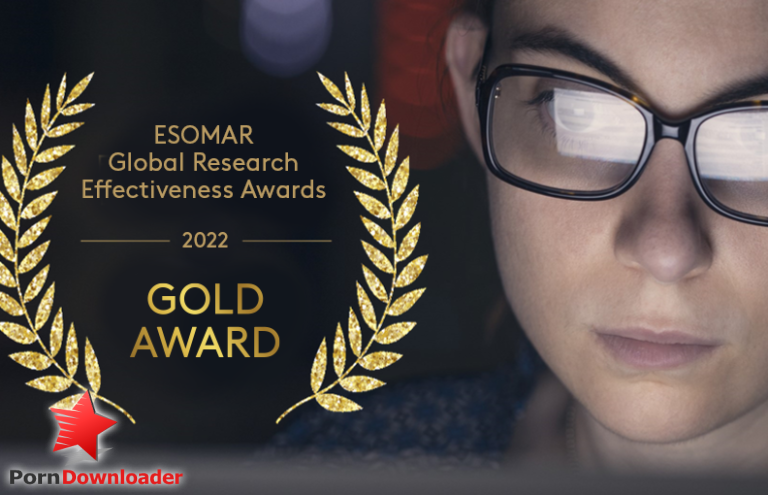The Compulsive Nature of Pornography Consumption
In today’s hyper-connected digital world, explicit material is readily available at our fingertips. While some may view pornography as a casual, occasional indulgence, for others it can morph into a genuine addiction. The allure of online pornography lies in its accessibility and the seemingly endless supply of sexually explicit content, which can foster addictive tendencies and have a harmful effect on a person’s psychological and emotional health.
The Growing Problem of Pornography Addiction
Addiction to pornography is a growing concern that affects people across all demographics, including age, gender, and social backgrounds. The abundance of readily available explicit material can lead individuals down a path where they continuously crave new and more extreme content to satisfy their needs.
Recognizing the Indicators of Pornography Addiction
Identifying the telltale signs and symptoms of pornography addiction is crucial for individuals seeking help or for those supporting a loved one who is potentially struggling:
- Obsessive thoughts and constant preoccupation with pornography
- Diminished interest in intimate, real-life sexual encounters
- A consistent struggle to manage or curb viewing patterns
- Experiencing guilt, shame, or discomfort after consuming pornography
- Manifesting withdrawal symptoms when attempting to reduce or stop viewing
- Neglecting personal and work-related obligations because of excessive pornography use
The Detrimental Effects of Pornography Addiction
Pornography addiction can significantly impact various aspects of an individual’s life, including their personal relationships and overall mental health:
- Damaged relationships: Excessive pornography use frequently results in a lack of intimacy, eroded trust, and recurring disputes in romantic partnerships.
- Reduced self-worth: Regular exposure to unrealistic portrayals of sexuality can cause people to develop negative body image perceptions and feelings of inadequacy.
- Mental health issues: Pornography addiction is strongly associated with the onset or worsening of mental health conditions like depression, anxiety, and social withdrawal.
- Financial implications: Engagement with paid pornography platforms or consuming large amounts of explicit content can result in financial strain and potential legal consequences.
Pinpointing the Underlying Factors
The reasons behind pornography addiction are often complex and unique to each individual, however certain elements may contribute to its development:
- Ineffective coping skills: People may resort to pornography to escape from stress, emotional pain, or unresolved past trauma.
- Feelings of isolation and loneliness: Feelings of isolation or insufficient social connections may lead to a search for solace or sexual gratification through pornography.
- Genetic and Biological inclinations: Some individuals may possess a genetic or physiological susceptibility to addictive tendencies, including pornography addiction.
Breaking the Cycle: Strategies for Overcoming Pornography Addiction
Successfully recovering from a pornography addiction requires a strong commitment, support from others, and often, professional intervention. Here are several techniques to assist in the healing journey:
1. Seeking Expert Support
Seeking guidance from a therapist or counselor who specializes in addiction treatment can offer significant assistance in understanding and dealing with the fundamental causes of the addiction.
2. Developing a Support System
Connecting with individuals who have experienced or are in the process of overcoming pornography addiction can establish a sense of belonging and provide support during difficult periods.
3. Implementing Positive Distractions
Participating in activities such as exercise, hobbies, or spending quality time with family and friends can help redirect attention away from pornography and offer healthier ways to manage stress.
4. Establishing Accountability Mechanisms
Developing a system of accountability, which may include installing filtering software or sharing internet usage with a trusted individual, can assist in preventing relapses and strengthen the commitment to recovery.
Final Thoughts
Pornography addiction presents a substantial issue that can profoundly affect an individual’s life and their relationships. Identifying the warning signs and seeking the appropriate assistance is vital for those struggling with this addiction. It’s crucial to encourage open discussion, comprehension, and access to resources to aid individuals in escaping the destructive pattern of pornography addiction.
Frequently Asked Questions (FAQs)
Q: How do I know if myself or someone I know is dealing with a pornography addiction?
A: Observe for behaviors such as an intense focus on pornography, difficulty in controlling or ceasing viewing habits, and neglecting personal and work responsibilities because of excessive use.
Q: Is there a successful path to treatment for pornography addiction?
A: Yes, with the correct support and dedication, pornography addiction can be effectively treated. Engaging professional help, creating a support system, and integrating healthy diversions are effective strategies.
Q: Can pornography addiction contribute to sexual dysfunction?
A: Yes, extended exposure to pornography can lead individuals to become less sensitive to real-life sexual stimuli, causing challenges with arousal and satisfaction.
Q: Is pornography addiction a widespread problem?
A: Indeed, pornography addiction has become increasingly prevalent due to the easy access to explicit content on the internet. However, the degree and impact of the addiction can vary amongst individuals.
Q: How do I support someone who is struggling with pornography addiction?
A: Offer a supportive and non-judgemental environment and promote open communication. Suggest professional assistance, provide helpful resources, and help create a strong support network.


